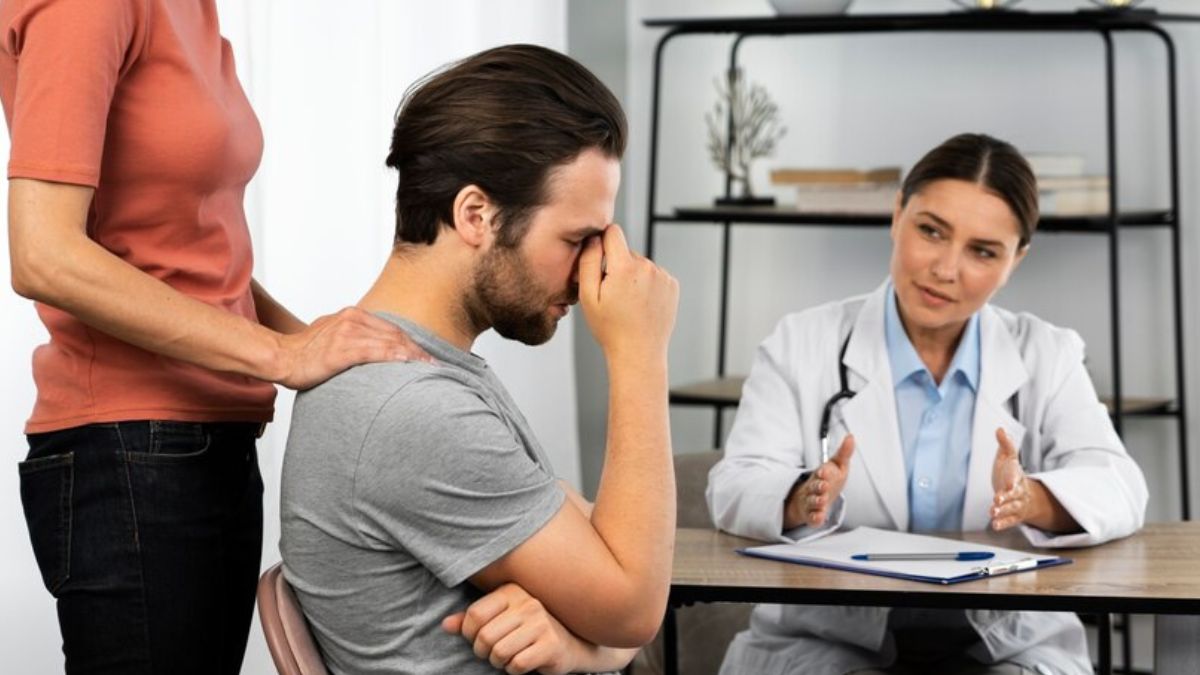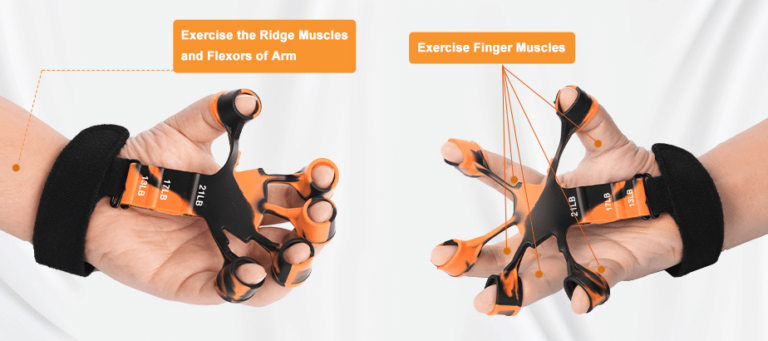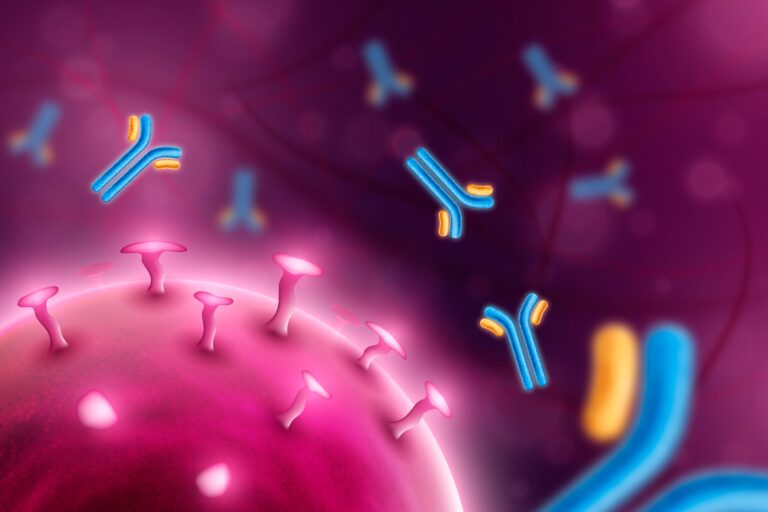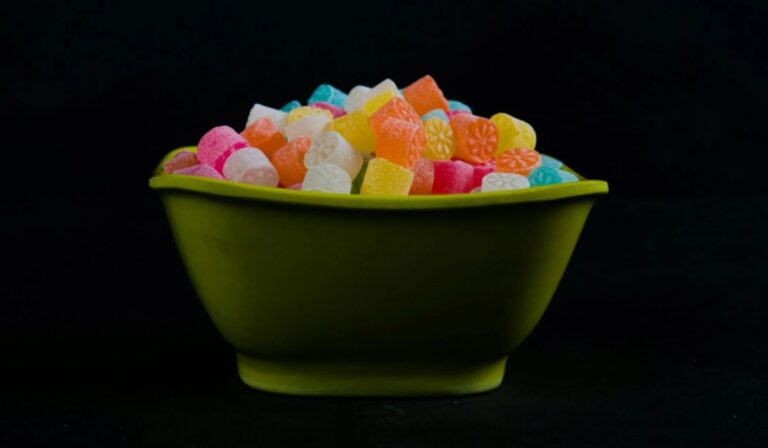Hemorrhoid Treatment Dos and Don’ts – Expert Advice
Hemorrhoids are uncomfortable and inconvenient, but many easy fixes can help with the pain and itching. Start with over-the-counter treatments like pads with witch hazel or prescription suppositories containing emollients (medication to soften the skin) and hydrocortisone, which reduces inflammation.
Also, try using a donut seat cushion on the toilet to relieve pressure and promote healing. Finally, a cold pack can numb the area and reduce itching and swelling.
Don’t Over-Wipe
Hemorrhoids can be easily diagnosed by looking for bright red blood in the toilet bowl or on paper after a bowel movement, which is a clear symptom of rectal bleeding. It is a sign of rectal bleeding and, if not treated, can lead to a more severe condition called vesical hemorrhoids that require medical attention.
The best way to prevent hemorrhoids is to use moistened toilet paper or baby wipes after every bowel movement. Avoid using wipes that have perfumes or alcohol. In addition, a daily warm bath and wearing loose, cotton clothing can also help prevent hemorrhoids.
If you’re suffering from discomfort, itching, or bleeding due to hemorrhoids, it’s crucial to seek medical attention without any delay. Your doctor may recommend prescription medication or an in-office procedure to treat them. A doctor can examine your hemorrhoids, recommend the best hemorrhoids treatment plan, and answer any questions about prevention and home treatments. In case of severe pain, heavy bleeding, or fecal incontinence, do not hesitate to contact your doctor immediately.
Don’t Over-Sit
If hemorrhoids are causing severe pain or blood in toilet paper, you should seek medical attention right away. Sometimes, a doctor can treat the problem with a quick in-office procedure under local anesthetic.
To avoid worsening symptoms, try to sit on the toilet only when necessary and don’t spend more than a few minutes. To alleviate the pressure caused by hemorrhoids, it is recommended to sit on a toilet stool or, even better, use a sitz bath that involves sitting in a warm-water tub. Additionally, consume a high-fiber diet and drink plenty of water to prevent constipation, which can irritate hemorrhoids and aggravate the condition. Eating various vegetables, fruits, grains, and legumes can help you get the recommended fiber each day. Try to choose whole foods and limit processed and fried foods, which are high in fat.
Don’t Over-Clean
Using commercial wipes with perfume or other chemicals can dry out and irritate the anal area, making hemorrhoids worse. Instead, use unscented or hypoallergenic wipes, wet tissue, cotton balls, or a bidet. Using an ice pack is also beneficial and helps reduce itching and swelling.
A high-fiber diet is essential during a hemorrhoid flare because it makes stools soft and easy to pass. Avoid fiber-rich foods such as white flour, processed meats, dairy, and spicy food. Instead, eat more vegetables, whole grains and fruits.
If your hemorrhoids are bothering you, talk to a medical professional. They may recommend a simple procedure to shrink or remove them, such as hemorrhoid banding. It’s painless, quick and effective. Also, if you experience rectal bleeding or severe itching, get checked out by a doctor. They can provide further therapy alternatives and establish whether the symptoms are due to something more serious. The earlier you treat hemorrhoids, the better.
Don’t Over-Supplement
Even when lifestyle changes and OTC products help, it’s essential to see a doctor if symptoms persist for more than a week or if rectal bleeding occurs. Bleeding and pain can be a sign of more severe issues, including anal cancer or colorectal disease.
Hemorrhoids result from blood pooling in the area from sitting for long periods and straining during bowel motions. The blood flow can weaken the supportive tissues in the anal canal, causing them to swell. Hemorrhoids are also more common during pregnancy when the enlarging uterus puts pressure on the veins.
Luckily, hemorrhoids can be prevented with simple lifestyle and dietary changes. Drinking lots of water helps prevent constipation, while fiber-rich foods help bowel movements move correctly and avoid rectal pressure. Some people find relief from taking a psyllium husk supplement, which can increase fiber and soften stools to make them easier to pass. In severe cases, hemorrhoid treatment may include a hemorrhoidectomy, which is performed under a local anesthetic.







